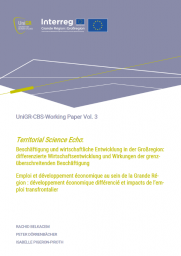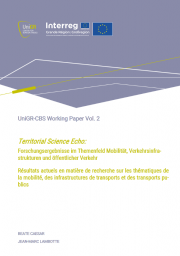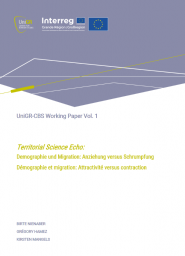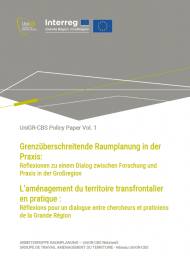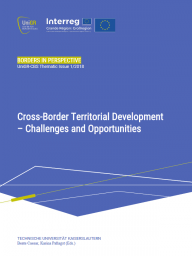Working Paper Vol. 4
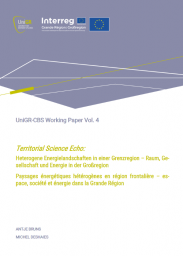
The working paper examines the theme of energy and addresses the challenges of spatial development in the Greater Region. It addresses the concept of energy system transformation and focuses on energy systems and carriers, in particular the expansion of wind energy and biomass energy production in relation to the development of nuclear fossil energy sources in Germany and France.


